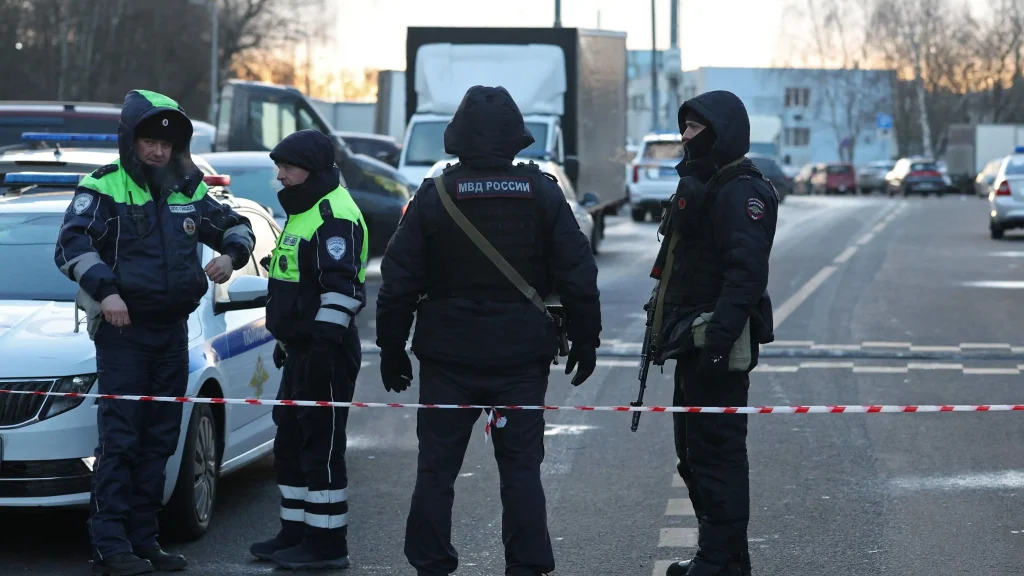The government of Burkina Faso has unveiled a groundbreaking policy eliminating visa fees for all African nationals, signaling a strong commitment to Pan-African solidarity and the facilitation of free movement of people and goods across the continent.
In a recent announcement following a cabinet meeting chaired by military leader Captain Ibrahim Traoré, Security Minister Mahamadou Sana revealed the decision.
“From now on, any citizen from an African country wishing to go to Burkina Faso will not pay any amount to cover visa fees,” Sana stated.
However, travelers must still complete an online application for approval prior to entry to ensure smooth processing.
Regional Context and Existing Arrangements
Citizens from West African countries have long enjoyed visa-free access to Burkina Faso.
This new initiative arrives against the backdrop of uncertainty surrounding the nation’s membership in the Economic Community of West African States (ECOWAS).
Earlier this year, Burkina Faso, along with Mali and Niger, withdrew from the regional bloc, prompting questions about ongoing travel protocols within the area.
Aligning with Continental Goals
Burkina Faso’s move positions it alongside progressive nations like Ghana, Rwanda, and Kenya, which have implemented similar policies to ease travel for Africans. This aligns with the African Union’s broader agenda for enhanced integration and unity across the continent.
A statement from the junta’s information service emphasized that the visa-free policy for African nationals will “promote tourism and Burkinabe culture, and improve Burkina Faso’s visibility abroad.”
Leadership and Pan-African Vision
Captain Ibrahim Traoré, who assumed power through a 2022 coup, has positioned himself as a staunch Pan-Africanist, vocally opposing colonial legacies and Western influences. His leadership style has garnered significant support, especially on social media platforms throughout Africa.
Ongoing Security Challenges
Despite forging stronger security partnerships with Russia and the junta’s repeated pledges to achieve stability, Burkina Faso continues to grapple with a decade-long insurgency by Islamist groups.
Approximately 40% of the country’s territory remains beyond effective state control, with frequent attacks targeting both civilians and military personnel.
This policy shift not only underscores Burkina Faso’s dedication to regional cooperation but also highlights the complexities of balancing security concerns with aspirations for continental unity.
RELATED LINKS: US Threatens Visa Ban for Backing Charlie Kirk Attack























